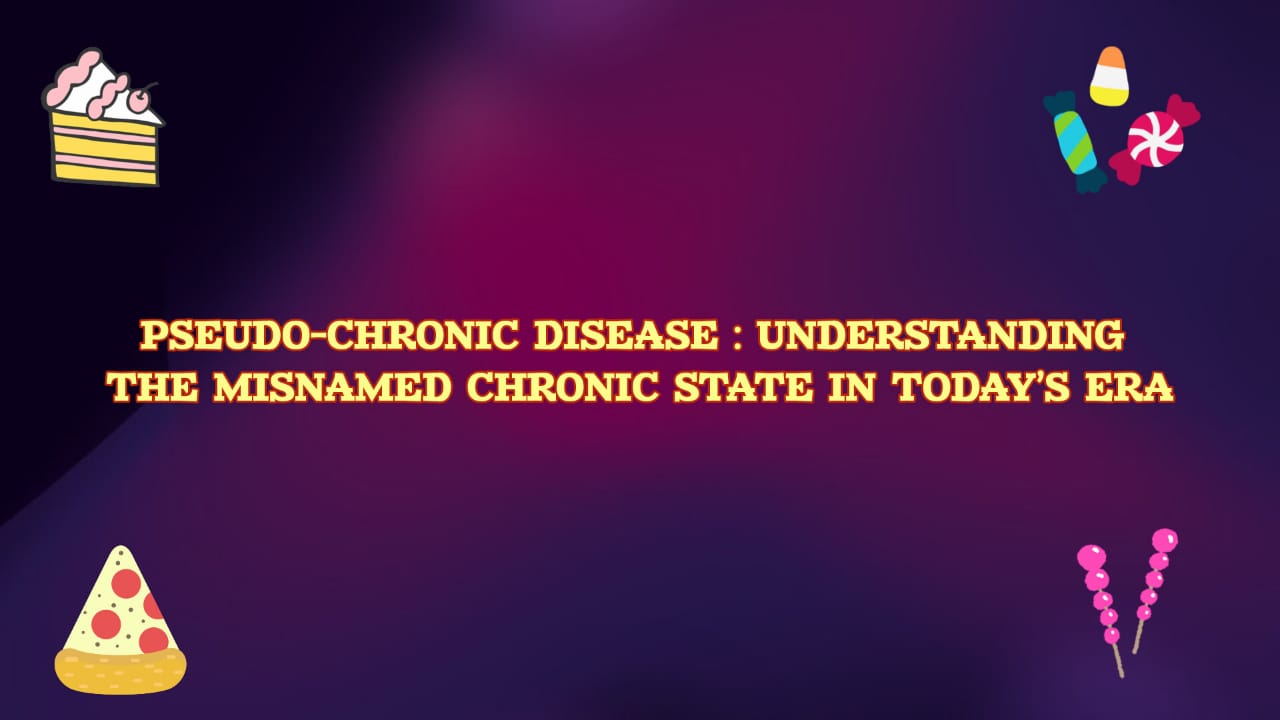 Diet and Regimen in Acute and Chronic Diseases according to Organon of medicine
Diet and Regimen in Acute and Chronic Diseases according to Organon of medicine
Dietetic measures must be taken prior to administration of remedies.
They are used as a specific stimuli to rouse the vital force to react against the morbific agents and overcome their noxious influences.
During treatment , everything from diet should be removed that could be a medicinal irritant.
THINGS TO BE AVOIDED IN CHRONIC DISEASES –
- Coffee , fine cheese , medicinal beer , herb teas , liquor , spiced chocolate etc.
- Excess sugar and salt
- Heated rooms , woolen clothing
- Sedentary life
- Uncleanliness , unnatural debauchery , reading obscene books , reading while lying down
- Subjects of anger , grief , vexation , passion for play , overexertion of mind and body
- Living in marshy areas , damp rooms etc
Suitable Regimen –
- Doing what is necessary
- Innocent moral and intellectual recreation
- Acute exercise in almost all types of weather: daily walk, slight physical labour etc.
- Suitable , nutritious , unmedicinal food and drinks
IN ACUTE CASES –
- The instinctive desires of the body with respect to food and drinks should be satisfied.
- These bodily instincts crave chiefly for things that would give palliative relief
- Temperature of the room – heat/coolness/bed coverings should be adjusted
- All overexertion of mind and exciting emotions should be strictly avoided
Things to be avoided –
- Uncooked vegetables and salads , fermented bread
- Foods with preservatives
- Spices – cinnamon , saffron , ginger , pepper , nutmeg , lemons , red pepper
- Unripe and acid fruits , food with preservatives , vinegar
- Perfumes, musk , ethereal oils , strong soaps , camphor , incense
- Medicated baths , external applications , ointments
- Tooth powder , tooth washes
Things that are allowed –
- Vegetables – Potato , groundnuts , cauliflower , cabbage , spinach , leguminous plants , carrots , turnips , fully ripe fruits
- Comfortable living , moderate exercise , keep calm mind (yoga, meditation), balanced condition of mind.
Worked By – Dr. Nazia Ansari (BHMS)







